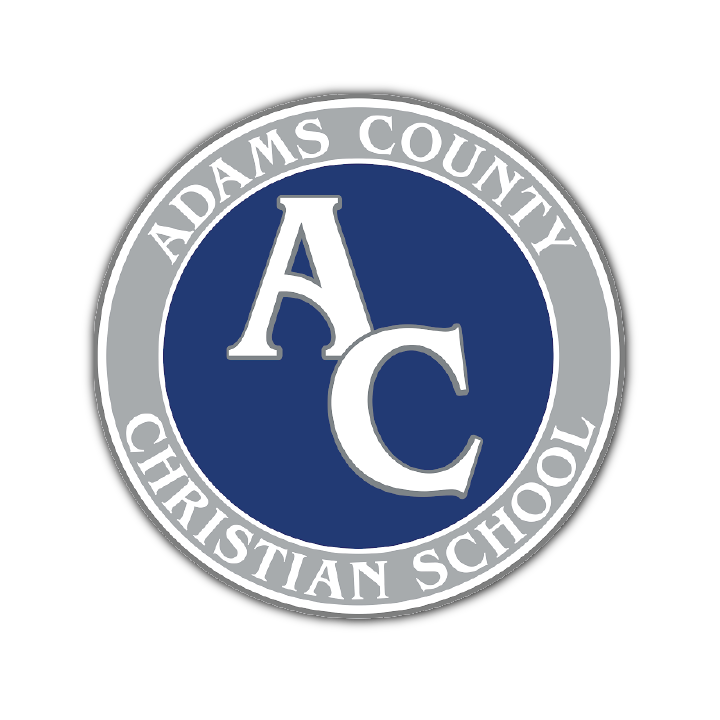Coaches find balance as athletic directors
Published 12:00 am Tuesday, March 29, 2011
NATCHEZ — When Craig Beesley was promoted to athletic director at Cathedral School last year, the first thing he did was relinquish his football-coaching duties to then-assistant coach Ron Rushing.
Beesley said his job as athletic director would only realistically allow him to be head coach of one sport, and he preferred baseball.
“I knew being AD would take up a lot of time, and I knew coach Rushing would do a good job, which he did,” Beesley said. “I was just in a situation where I didn’t have enough time to do (football) and baseball, and baseball is what I enjoyed coaching the most.”
Beesley is one of several area head coaches who also serves as their school’s athletic director, and he said there’s a lot of paperwork involved in his off-the-field work.
“I keep up with the schedules and make sure they’re done correctly, make sure we have referees for all our games, stuff like that,” Beesley said.
“There’s a lot of paperwork involved, and a lot of people don’t realize that. Luckily, our high school principal, Pat Sanguinetti, takes care of a lot of the stuff along with me.”
And Beesley said Sanguinetti’s help has been tremendous for him.
“This being my first year as AD, I didn’t know all the ins and outs and contacts, and he’s always been there to help me,” Beesley said. “He’s always there to help me with things I don’t know about.”
David King, who serves as Trinity Episcopal Day School’s athletic director, alsosaid his supporting cast has been a tremendous help to him.
“It’s an easy job for me, because I have good people here,” King said. “Jackie Ezell is our business manager, and she’s been a godsend for the 10 years I’ve been AD. She’s always let me know when money’s tight and how to find money, and does a good job keeping me in check.
“We also have some very good secretaries at our school who do a great job helping me out.”
King coaches football, basketball and boy’s track at Trinity, and also helps with baseball. Even with the big workload, King said it’s not difficult to balance coaching and being athletic director.
“We have a very small school, and I get attached to these kids,” King said. “They’re used to me being around. I don’t have any hobbies other than playing with my (daughters), and I’ve enjoyed watching my athletes mature over the years.”
Franklin County High School girls basketball coach Charles Moore serves as athletic director at the school, and he said balancing between things can be strenuous at times.
“I also teach four upper-level match classes, so my time is limited, and I have to get the most done in a short amount of time,” Moore said.
“I depend a lot on my coaches, and they do a great job with the paperwork and the tedious stuff like coaching, scheduling and helping with the budget.”
Moore said the family atmosphere at Franklin County is important to him and his supporting cast of coaches and administrators.
“I depend of them greatly to do scheduling, ordering and understanding budget limitations, and staying within them,” he said.
“They do a great job covering for each other, doing things like running clocks and driving the buses for other sports. They do great making it a family atmosphere.”
Adams County Christian School athletic director Paul Hayles said eligibility reports are also an important aspect to an athletic director’s job.
“We check that at the beginning of the year for each sport and report it to the MAIS,” Hayles said. “We also make sure they maintain their averages and that their physicals are on file.”
Hayles said his goal is to provide the best atmosphere he can for the student-athletes, and as football coach, he enjoys being hands-on in order to watch them grow up.
“I also coach junior high and high school track, and not coaching any other sport, it’s definitely time that I need,” Hayles said.
“Not everyone is going to be happy. Sometimes you have to do things like schedule parent conferences, but we have a good staff, so those types of instances are limited.”
In the end, though, Hayles said it all goes back to the children.
“We have to develop the kids, because that’s what it’s all about,” he said.





